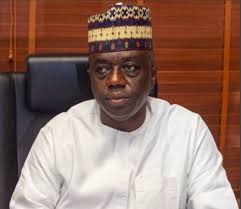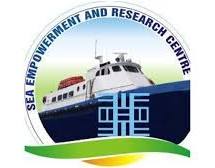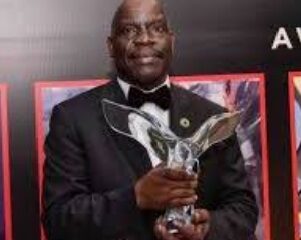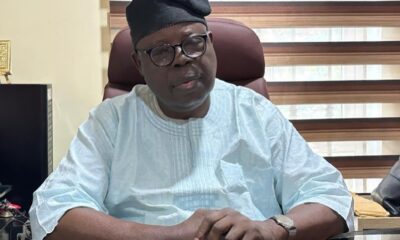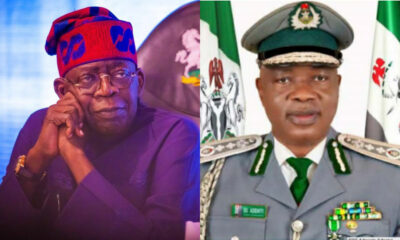Business Focus
The Hollow Ledger: Game of Missing N32B And House Committee On Public Account
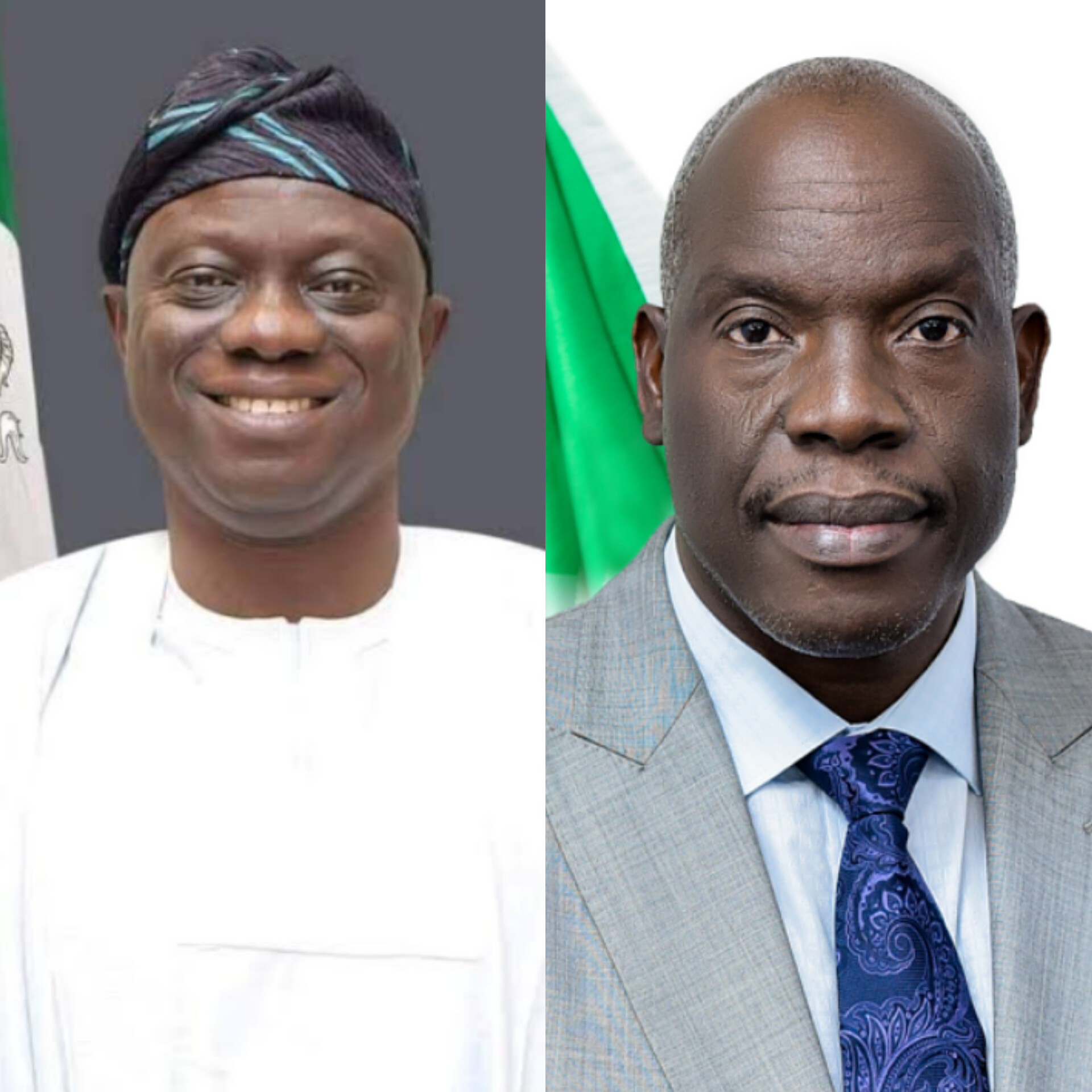
BY EGUONO ODJEGBA
Former President Olusegun Obasanjo was once quoted as describing the National Assembly (NASS) as a den of thieves. He was also later to be as fingered as one of those who contributed majorly to the alleged roguery tendency of Nigerian lawmakers; whose solemn duty is to make laws for the good and well being of the country and people.
Among the lawmakers mandate is overseeing national projects, appraising budget proposals and approving same, evaluating project proposal and giving approvals, plus monitoring to ensure transparency and compliance; including policing the movement of revenue generation for government.
Irrespective of above schedules often conducted at committee levels, manifold allegations of dishonourable tendencies have continued to trail the lawmakers, even to the hallowed chambers of the respective two houses of parliament: The Senate and House of Representatives.
What started as rumour since 1999 has grown to become loud murmuring and from murmuring into open accusation of the various committees as merely being costumed honourable members only, as their alleged nefarious conducts gained notoriety. The development has since smashed the thin curtain that separates the hallowed chamber and its apparent hustling members from of the prying eyes of the public.
Those familiar with activities of the legislatives committee says overtime, the lawmakers’ tasks did not only assume an air of inordinate hustling and unspeakable immorality, they say that these tasks enjoy heavy protection through inexplicable immunity of sort.
The parliamentary escapades are often reported in business news and have been commonplace occurrences within the maritime, oil and gas sectors, as indeed across all the national sectors, for a long time already.
Pundits familiar with the issues say while these committees engage in regularly raising queries and labeling agencies of government and their CEOs of embezzlements and missing funds which they often escalate through sensational media reportage, none of such query is known to have ever been proven to a logical conclusion or ended in a vote of confidence for parliamentary honour.
Almost all such queries either end up in black holes, and or, in a total waste of resources, time and energy; with Nigeria as the sole loser, in all ramifications. Neither the lawmakers nor the accused organizations and their officials lose anything.
These endless circles of deceit accentuated by incompetence and often time by greed and deliberate design recently played out at the Nigerian Upstream Regulatory Commission (NUPRC), where the House Committee on Public Accounts, chaired by Hon. Bamidele Salam raised alarm about a supposedly missing ₦32 billion.

At the end of over four weeks of investigation, the House Committee on Public Accounts turned around in a rude and shocking retraction that no money is missing, while accusing the media of deliberately playing on the emotions of Nigerians; denying that the committee made no such accusation.
That this ugly episode played out in the gleaming halls of the National Assembly, where democracy’s voice is meant to echo loudest is an insult on the collective intelligence of Nigerians.
Irrespective of the apparent grandstanding of the Public Accounts Committee, there are speculations that the body meant to safeguard national finances and who in the first place engineered the quiet unease that followed its alarm, inadvertently found itself at the heart of the storm – not just of missing figures, but of murky intentions.
Chairman Bamidele Salam sat at the head of the committee’s long table, his brow furrowed as his colleagues sifted through seven years of NUPRC financial records. The committee was perusing over ₦32 billion allegedly in questionable transactions-figures listed in Remita but absent from agency reports; and billions that had seemingly vanished into thin air… or into private accounts.
It was a bombshell revelation. By the committee’s account, the NUPRC record showed that ₦909 million had gone directly into unnamed private bank accounts, skipping federal oversight protocols like the Treasury Single Account (TSA). The lawmakers thundered at the agency head and management, demanded explanations, summoned executives and newspaper went agog with screaming headlines alleging “missing funds” “discrepancy” and “irregularities”; stirring up curiosity and public concerns.
But as the media beamed the news of missing funds, pressures no doubt mounted, and the narrative began to shift. In a curious twist, the same lawmakers began walking back their bold statements. “We haven’t made any accusations,” Salam told reporters. “We’re only seeking clarification.”
To the public, this sounded like backpedaling – the roar of accountability fading into procedural fog. Had the committee spoken too soon? Or had the weight of political pressure bent the spine of its mission?
Meanwhile, NUPRC’s CEO, Engr. Gbenga Komolafe, calmly presented stacks of documentation in line with the Petroleum Industry Act of 2021; explaining delayed payments, obscure cargo schedules, legacy systems – all woven into a bureaucratic tapestry meant to explain away or the true position of the alleged missing billions.
Nigerians watched the unfolding theatrics in a hushed disquiet and unbelief. Was this a genuine inquiry? Or has our lawmakers found a way to turn a scandal into silence?
In the end, the numbers remained under review, but the damage was done. Trust, once fragile, had cracked. And for the lawmakers whose voices had once rung with righteousness, the question lingered: were they actually seeking the truth – or seeking for avenue to wet their financial appetite?

